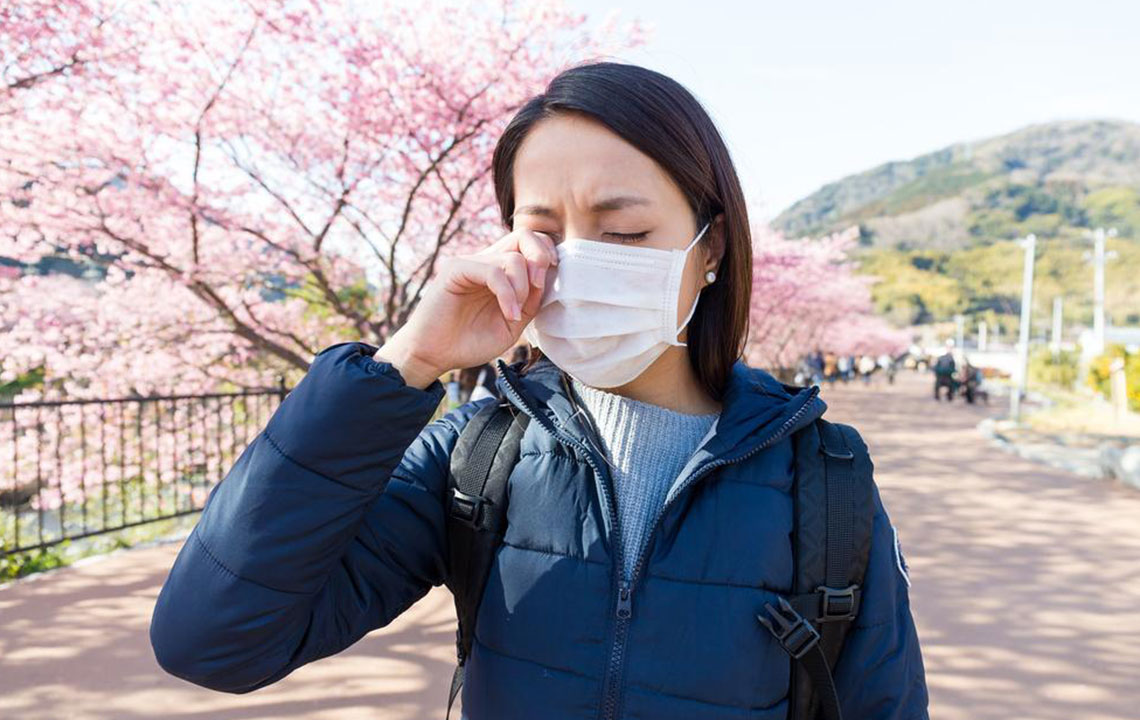Managing Allergic Sore Throat Symptoms Effectively
Learn effective strategies to manage sore throat caused by allergies. This guide covers symptoms, triggers, and practical home remedies like salt water gargles, warm drinks, and herbal teas to soothe irritation. Avoiding allergens and seeking medical advice for severe cases ensures better health management.

Managing Allergic Sore Throat Symptoms Effectively
Allergies can cause a range of uncomfortable symptoms, especially for those sensitive to certain substances. Common signs include itchy skin, persistent cough, and a burning sensation in the throat. These reactions occur when the immune system overreacts to allergens such as pollen, dust mites, or insect venom, affecting individuals of all ages and genders.
While some allergy symptoms are mild, a frequently overlooked issue is a sore throat caused by allergies.
Though it may seem unusual, an itchy and inflamed throat often results from allergen exposure.
What causes a sore throat due to allergies?
The body's response to allergens varies; they can irritate the mucous membranes inside the throat, which are sensitive due to nerves present there. These membranes can react to airborne irritants, inflammatory triggers, or certain foods. Mucus-producing glands maintain moisture and protect against infections, but exposure to allergens can cause them to produce too much or too little mucus, leading to soreness and irritation.Excess nerve sensitivity or mucus imbalance results in throat discomfort, often accompanied by tickling or burning sensations. Common symptoms include mild coughs, which can turn more persistent, and irritation that makes swallowing uncomfortable. It may also cause watery eyes and difficulty speaking clearly.
Home treatments for allergic sore throat
Preventing or reducing allergen exposure is essential. Avoid irritants like cigarette smoke and dust, and wear protective gear like scarves or sunglasses outdoors. Despite precautions, remedies at home can help soothe symptoms:
Salt water gargle: Mix a teaspoon of salt in warm water and gargle several times daily to reduce soreness and coughing.
Warm fluids: Drinking warm teas or broths keeps the throat hydrated and clears mucus buildup, easing discomfort.
Vegetable broth: Nourishing and easy to swallow, it alleviates inflammation and provides quick absorption of nutrients.
Ginger and honey tea: Boil grated ginger with honey in plain tea; this mixture soothes inflamed tissues and diminishes burning sensations. Drink twice daily or when symptoms flare.
For severe allergic reactions, OTC medications like nasal sprays and decongestants may offer temporary relief, but consult a healthcare provider before use, especially if underlying health conditions exist. Persistent or worsening symptoms should prompt a doctor's visit to identify and treat the core cause rather than just alleviating symptoms.










